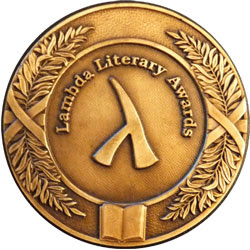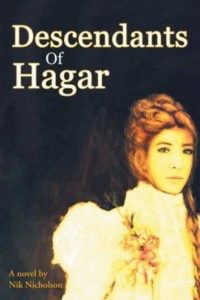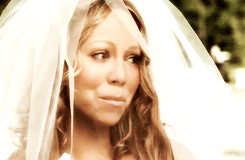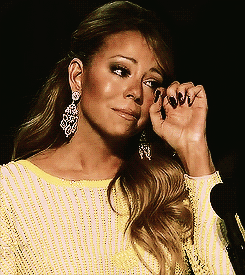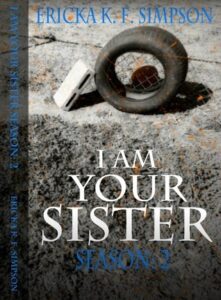Publisher/Date: Dutton Books for Young Readers; Sept. 2019
Genre(s): Romance, Magical Realism, Young Adult
Pages: 320
Website | Instagram | Twitter
Rating: 




Port of Spain, Trinidad. Sixteen-year-old Audre is despondent, having just found out she’s going to be sent to live in America with her father because her strictly religious mother caught her with her secret girlfriend, the pastor’s daughter. Audre’s grandmother Queenie (a former dancer who drives a white convertible Cadillac and who has a few secrets of her own) tries to reassure her granddaughter that she won’t lose her roots, not even in some place called Minneapolis. “America have dey spirits too, believe me,” she tells Audre.
Minneapolis, USA. Sixteen-year-old Mabel is lying on her bed, staring at the ceiling and trying to figure out why she feels the way she feels–about her ex Terrell, about her girl Jada and that moment they had in the woods, and about the vague feeling of illness that’s plagued her all summer. Mabel’s reverie is cut short when her father announces that his best friend and his just-arrived-from-Trinidad daughter are coming for dinner.
Mabel quickly falls hard for Audre and is determined to take care of her as she tries to navigate an American high school. But their romance takes a turn when test results reveal exactly why Mabel has been feeling low-key sick all summer and suddenly it’s Audre who is caring for Mabel as she faces a deeply uncertain future.
Reading THE STARS AND THE BLACKNESS BETWEEN THEM by Junauda Petrus feels like the spiritual balm needed in times like these when we need our ancestors more than ever. The romance between 16-year-olds Audre and Mabel is a lyrical, tender love story about the healing magic of love.
When Audre is sent from Trinidad to live with her father in America, she’s still in pain over being caught by her mother in a compromising position with the pastor’s granddaughter – and simultaneously separated from her first love. She is shipped off to Minneapolis, to a father she sees on occasional visits. While in Trinidad, she adored her grandmother, Queenie, and consumed all things of the earth – food, nature, spirits, magic. In America, she has to adjust to a new country and new customs.
What makes it easier is Mabel, the daughter of her father’s best friend, who she spent time with in recent years. They hit it off pretty well, and it’s clear a connection is forming between the girls who used to spend summers eating raspberrries from Mabel’s family garden.
Even through the growing attraction, Mabel is going through her own crisis, dealing with a mysterious pain that is far more serious than she thought. Mabel seeks answers to both living and dying, and with the help of Audre, is given the answers via her ancestors near and far. The spirit of Whitney Houston also plays a prominent role in Mabel’s life.
What I loved about The Stars and the Blackness Between Them is the pure, unyielding love between Audre and Mabel. At 16, to deal with life and death, while still being alive and in the moment is something Junauda Petrus captures with such a depth. The narration, mostly by these two young women, also includes the dreams and thoughts of people in their lives, such as Audre’s grandmother Queenie, whose visions provide courage in the face of the unknown. The inclusion of an incarcerated man who corresponds with Mabel seems even more relevant to the ongoing saga of Black people held hostage by an unjust society.
For those reasons, The Stars and the Blackness Between Them is a book that should be read and loved and celebrated.
Reviewed June 2020
GIVEAWAY!



